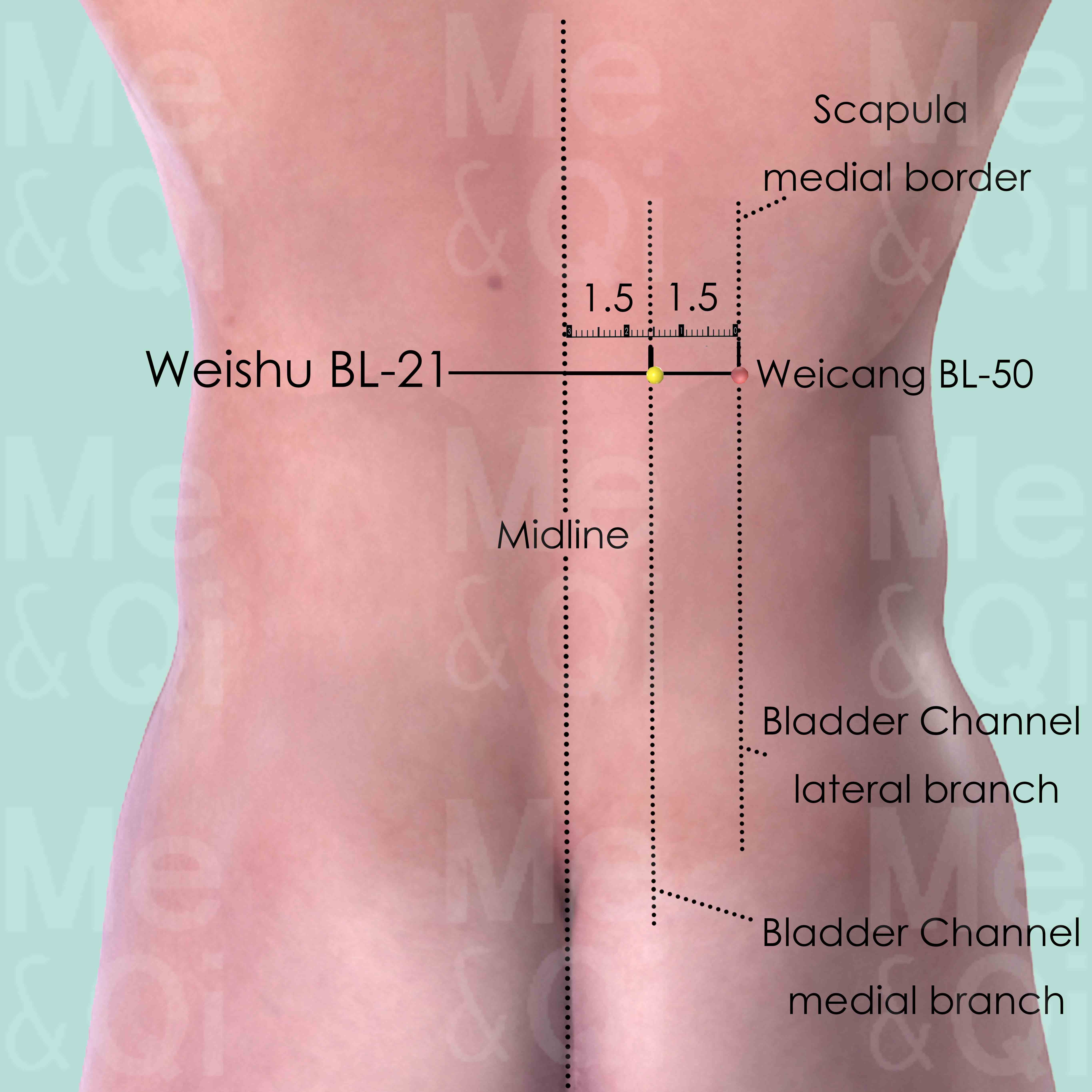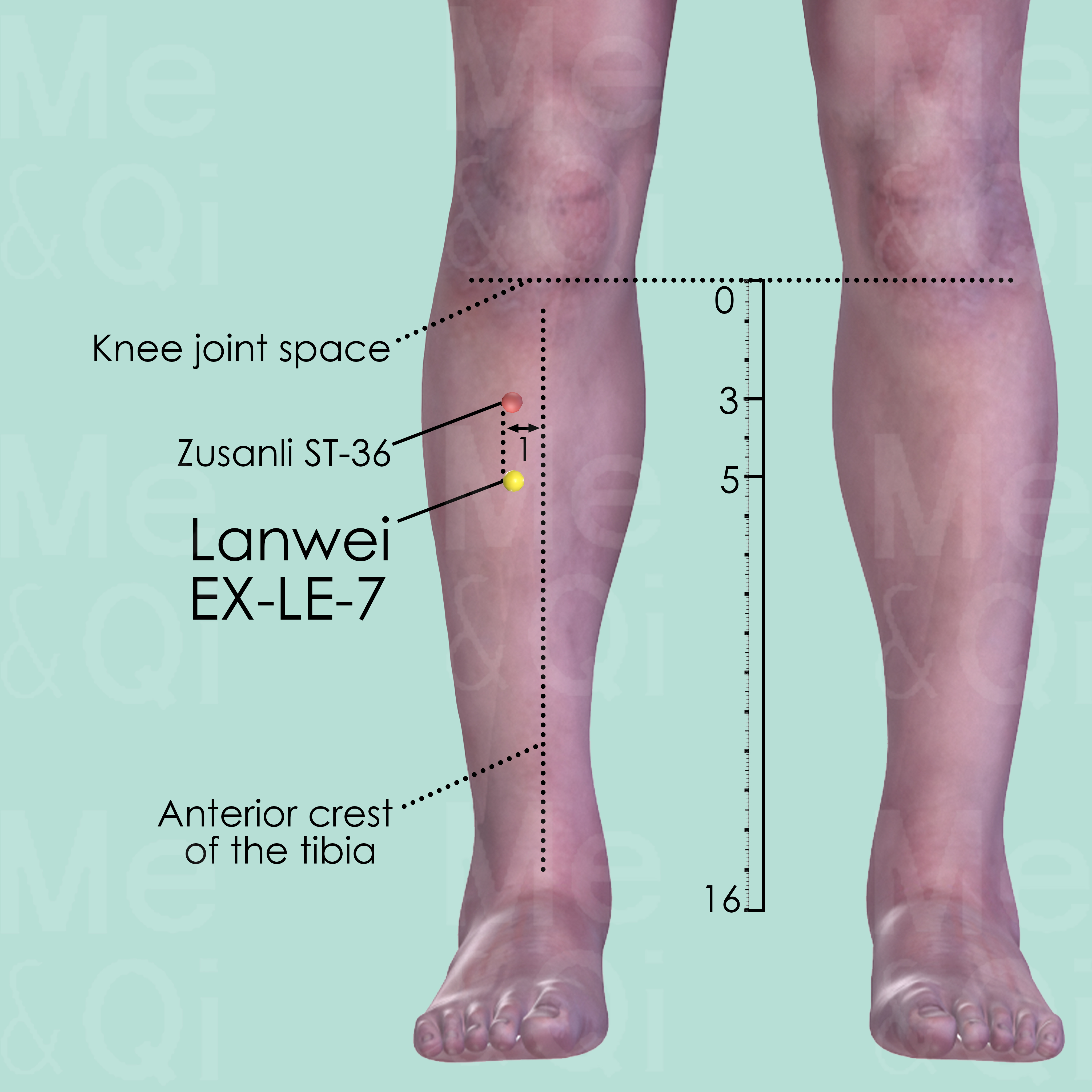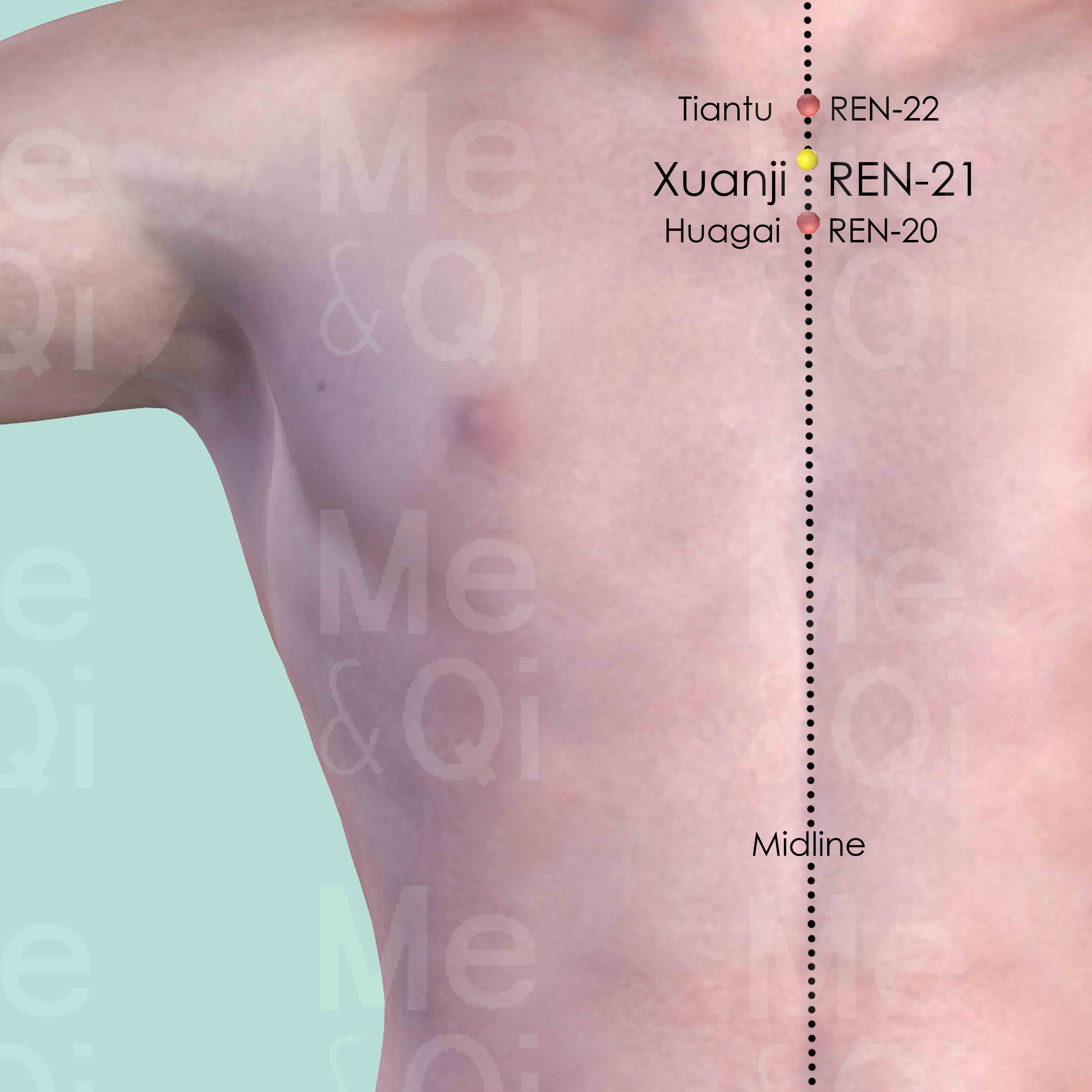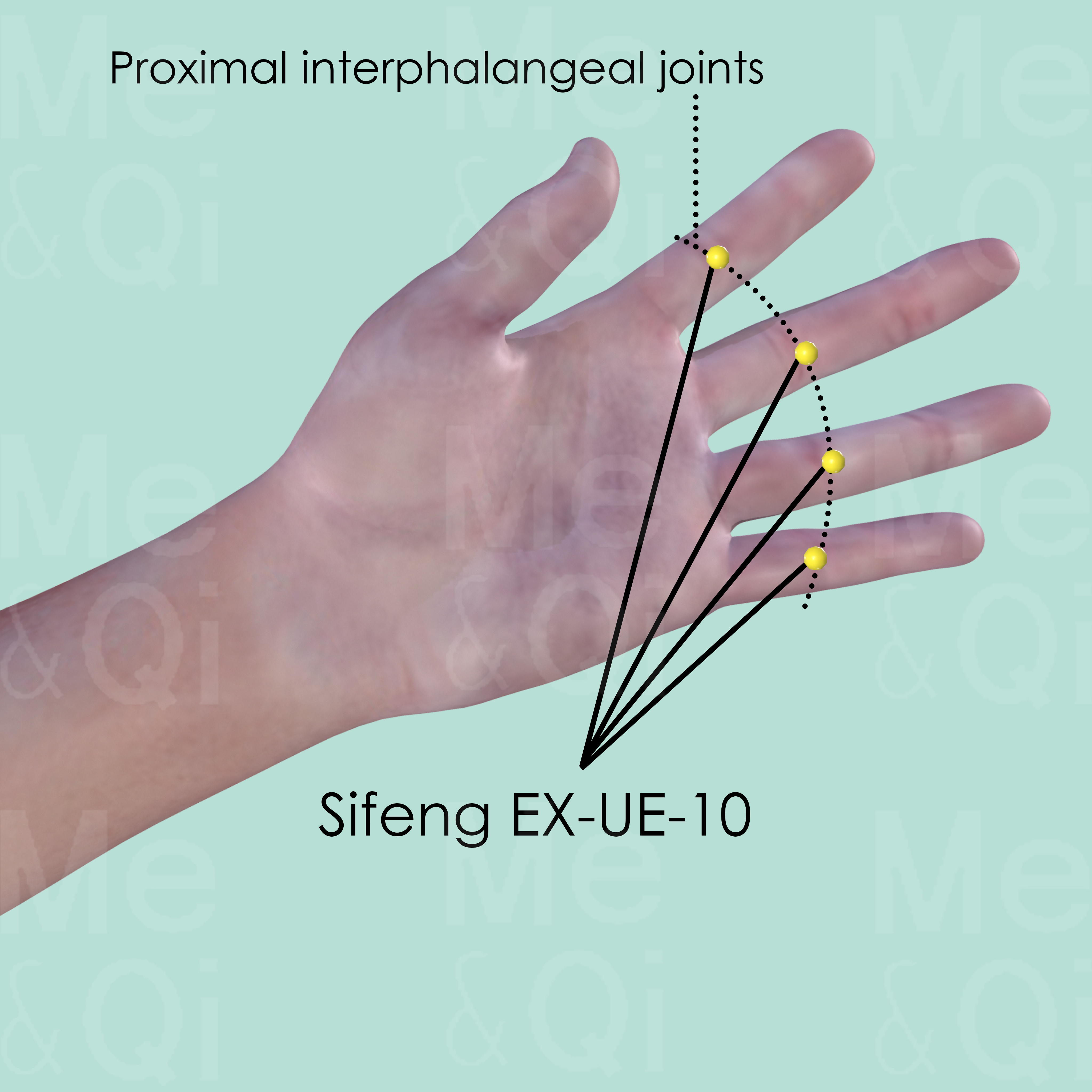Indigestionaccording to TCM
Symptom family: Digestive Disturbances
Sub-symptom(s): Indigestion In Children Chronic Indigestion In Children
What is Indigestion?
Indigestion, medically recognized as a complex of symptoms including food retention and food not moving effectively through the digestive system, affects a broad spectrum of individuals. It encompasses various sub-symptoms such as indigestion in children and chronic indigestion, manifesting through discomfort or pain in the upper abdomen, bloating, and a feeling of fullness without overeating. Recognizing the nuances of this condition is essential for effective treatment and management.
How Does TCM View Indigestion?
Traditional Chinese Medicine (TCM) offers a unique perspective on indigestion, viewing it as a manifestation of imbalances and disharmony within the body's energy systems.
Unlike Western medicine that often targets symptoms, TCM aims to identify and correct the underlying patterns of disharmony causing indigestion. This holistic approach considers not just the digestive system but the interconnectedness of various bodily functions and energies.
Root Causes of Indigestion in TCM
In TCM, indigestion is often attributed to two main patterns: Qi Stagnation and Qi Deficiency. Qi Stagnation, characterized by symptoms like a general sense of fullness, mood swings, and irritability, arises from the impaired flow of energy through the body. This can be due to emotional stress, dietary habits, or other lifestyle factors.
Qi Deficiency, on the other hand, involves a lack of vital energy leading to digestive weaknesses, fatigue, and a lack of appetite. Addressing these root causes is crucial in TCM, employing a holistic treatment strategy.
Explore below more details about what might cause Indigestion according to TCM.
- By Syndrome
- Qi Stagnation
Qi Stagnation
Qi Stagnation in TCM is like having a traffic jam in your body's energy system. Qi, the vital life force that flows through your body, is supposed to move smoothly to maintain health and balance. But with Qi Stagnation, this flow gets blocked or slowed down, like cars stuck on a highway. This can lead to symptoms like feeling stressed, emotional mood swings, and physical discomfort, often described as a feeling of fullness or tightness, especially in the chest or abdomen. It's as though the body's internal energy circulation is disrupted, causing various issues. TCM sees this as an energy flow problem, different from modern medicine's focus on specific physiological processes.... see more
Qi Stagnation Patterns That Can Lead to Indigestion
| Pattern Name | Relevant Symptoms | Relevant Formulas |
|---|---|---|
| Qi Stagnation | Indigestion, General fullness, Moving pain, Depression, Irritability, Mood swings, Sighing | Yue Ju Wan |
TCM Herbal Formulas for Indigestion
TCM practitioners often prescribe specific herbal formulas for treating indigestion. For instance, Yue Ju Wan, a formula that promotes Qi movement, is used to alleviate symptoms of Qi Stagnation. This formula, incorporating key herbs like Atractylodes Rhizomes (Bai Zhu), targets the root causes of digestive discomfort by enhancing the flow of Qi and alleviating Stagnation-related symptoms.
Explore below some TCM herbal formulas used to address indigestion, organized by cause and by formula type.
- By Cause
- By Formula Type
- Qi Stagnation
- Formulas that purge heat accumulation
- Formulas that warm the middle and dispel cold
- Formulas that expel dampness
- Formulas that promote qi movement
- Formulas that harmonize liver-Spleen
- Formulas that reduce food accumulation and transform stagnation
Top Formula for Qi Stagnation:
Yue Ju Wan
Suitable for Qi Stagnation patterns that may cause indigestion, such as Qi Stagnation
Learn moreFormulas that promote Qi movement
These formulas are suitable for some indigestion-causing patterns like Qi Stagnation.
One such formula is Yue Ju Wan, with atractylodes rhizome as a key herb.
Formulas that purge Heat accumulation
Indigestion can be treated by these formulas if it arises from an excess of internal heat, needing actions that clear heat and reduce its intensity.
One such formula is Xiao Cheng Qi Tang
Formulas that warm the middle and dispel Cold
Indigestion can be treated by these formulas when it is due to cold in the middle jiao (digestive region), necessitating warming and cold-dispelling actions.
One such formula is Huang Qi Jian Zhong Tang, with milkvetch root as a key herb.
Formulas that expel Dampness
Indigestion can be treated by these formulas in cases where dampness obstructs the body's normal functions, necessitating herbs that specifically target and expel dampness.
One such formula is Wei Ling Tang, with water plantain as a key herb.
Formulas that harmonize Liver-Spleen
Indigestion can be treated by these formulas when there's an imbalance between the Liver and Spleen systems, often manifesting as digestive disturbances and emotional fluctuations.
One such formula is Tong Xie Yao Fang, with atractylodes rhizome as a key herb.
Formulas that reduce food accumulation and transform Stagnation
Indigestion can be treated by these formulas when it is due to the accumulation of undigested food and stagnation in the digestive system.
One such formula is Fei Er Wan, with quisqualis fruit as a key herb.
Acupoints for Indigestion
In addition to herbal treatments, TCM also incorporates acupuncture as a therapeutic approach for indigestion. Acupoints such as Weishu BL-21, located near the thoracic vertebra, are used to tonify Stomach Qi and subdue rebellious Qi.
Another point, Lanwei EX-LE-7, found on the Stomach Channel of the leg, is effective in promoting Qi and blood circulation in the intestines. Additionally, Xuanji REN-21, positioned on the sternum, is known for its ability to open the chest, descend Lung Qi, and alleviate food stagnation. These acupoints offer targeted relief, addressing both the symptoms and underlying causes of indigestion.
Explore below some acupoints used to address indigestion, organized by meridian.
- By Meridian
- Bladder Channel
- Extra Points: Lower Extremities (EX-LE)
- Directing Vessel
- Extra Points: Upper Extremities (EX-UE)

Weishu BL-21
1.5 cun lateral to the lower border of the spinous process of the 12th thoracic vertebra (T12).

Lanwei EX-LE-7
On the Stomach Channel of the right leg, Lanwei EX-LE-7 is about 2 cun distal to Zusanli ST-36, in the most tender point of that area.

Xuanji REN-21
On the midline of the sternum, below the upper border of the manubrium sterni and midway between Huagai REN-20 and Tiantu REN-22.

Sifeng EX-UE-10
This is a group of 4 points of each hand. On the palmar side of the 2nd to the 5th fingers, at the midpoint of the transverse creases of the proximal interphalangeal joints (PIP).
